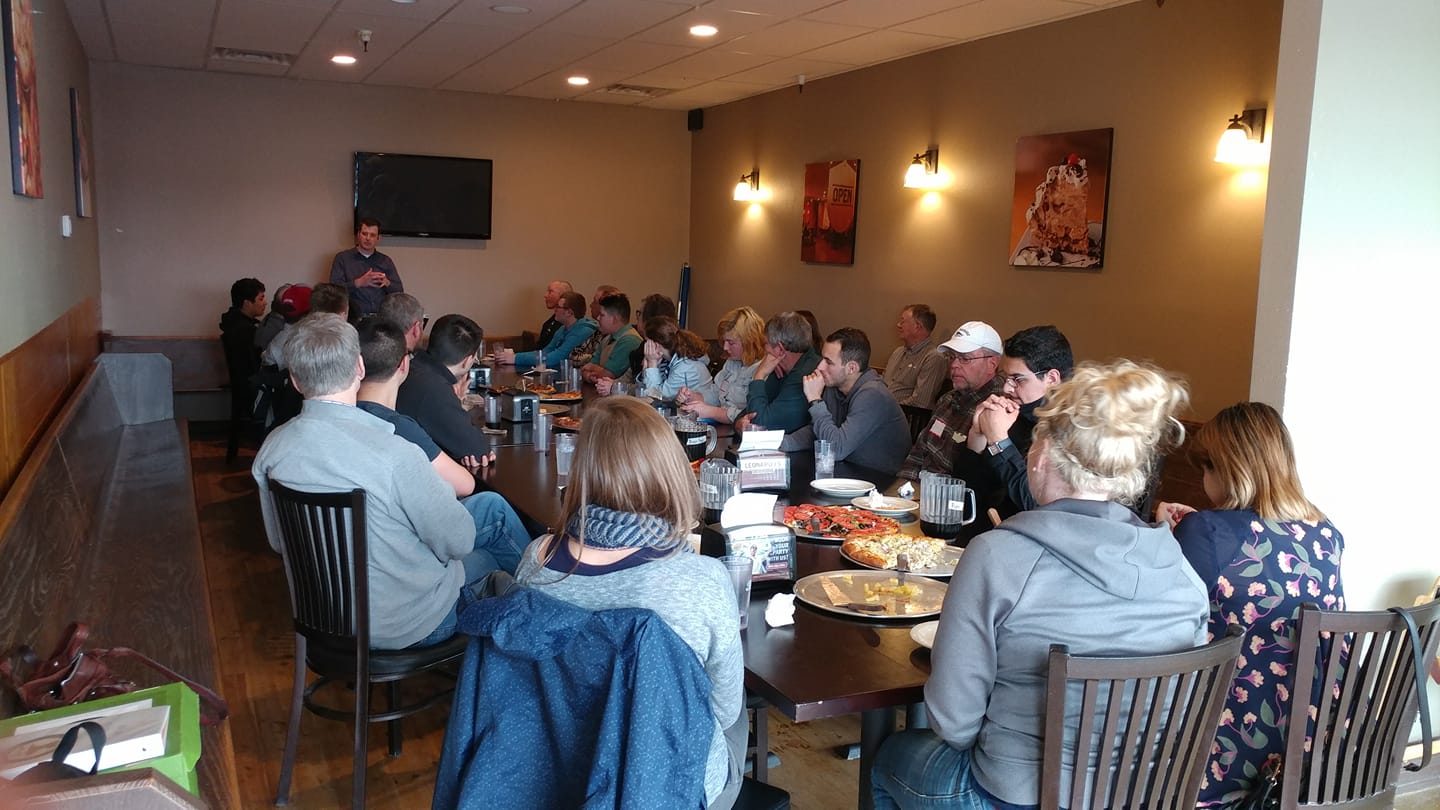The Covid "Old Guy Dating Service"
Matthew Overton
So, last week I went out to a job site to get a bid going for one of our enterprises (Mowtown Teen Lawn Care- www.mowtownteenlawncare.com). And what I ended up witnessing was a blind date between two retired dudes who became fast friends. It was incredible. Let me explain.
I was accompanied to the bid by a 70 something friend who has served as an advisor for our lawn care company. This friend had worked for 30-40 years as a part of the forest service in the Pacific Northwest and when he retired he created a landscaping company that his son now owns. He helped me found the social enterprise that I now run and was on the team that hired me at my church. At least part of the reason that we became friends was because I had started my college days at Cal Poly San Luis Obispo as a forestry major. He is also kind of a visionary dude and he loves to pass on knowledge.
Now, the client that we were meeting to consult with was a black gentleman who grew up in Portland, Oregon and had also worked for decades in the forest service. This man and I have also had a great relationship. We initially hit it off in his backyard because he had worked in Washington D.C. and I was born there. My Catholic Italian godfather owned an important bakery there and I asked the client if he had heard of it. He almost fell over. He had eaten my godfather’s pastries at many of the events that his government office had hosted in D.C. It was a fun connection.
I have had my ups and downs with this client. My crew has left his gate open 3 times. He has been frustrated with our work at times. But, because of the bigger social purpose of what we do, he has refused to fire us. And we have deserved it at least a couple of times. One time, we left the gate open and someone stole the cushions off their patio furniture. Interestingly, it has been those conflicts that have produced the greatest fruit in our relationship. We have ended up with a running dialogue on race dynamics that we have chosen to frame as the pursuit of friendship and trust. It has been an incredible journey, especially during this time of racial tension in the United States. What is so fun about it is that I am probably 30-35 years younger than this friend.
So anyway, I had an inkling as I brought my landscaping buddy over to this man’s house that they would strike up a good conversation because they had both worked in forestry. I also suspected that they might actually know each other without knowing it.
And here is what happened.
We arrived at the house and made our introductions through our Covid masks outdoors. Immediately, the two friends started swapping stories and sharing about shared professional relationships and connection points. It was this incredible rolling dance of conversation. For about 35 minutes I simply stood there, seemingly without purpose, attempting to call us back to the “actual work” and just listened to these two retired dudes from very different corners of life (racial and otherwise) reminisce and find meaning and hope during a time of Covid based relational starvation. I stood their marveling and smiling when I began to realize what I was witnessing. The job wasn’t the job. The interaction was the job. I was witnessing two older guys who have been starved for relationship experiencing the joy of connection and connection to their own past vocational callings. Neither of these men had grown up in contexts that would suggest that forestry would be their callings. One had grown up in the plains states and had never seen a forest. The other had grown up in a predominately urban environment and had no exposure to the undeveloped outdoors.
It was a wonderful, beautiful, and tragic moment all at once to see the relational starvation and connection walking around that yard.
For months I have spent time thinking about the relational starvation of teenagers and young adults. I am, after all, a youth minister. We built our social enterprises as student programs around life skills and job skills for teens through employment. But, over the last few years we have realized that so much of what we do has unexpected impacts on adults as well. This was one of those wonderful moments and this one story I have shared hasn’t been an isolated incident. A number of times, backyard landscaping estimates have served as a kind of informal confessional, venting space, grief share, or pastoral care session.
At the Columbia Future Forge we refer to this common surprise as “the ministry within the ministry”. It’s a second level of care and transformation that unexpectedly springs forth from the first level. It’s the beautiful unintended consequences of the Kingdom of God unfolding in real time. It’s like you planted a mustard seed and a tulip farm sprung up!
Anyway, when I got home I told my wife, “Sometimes I feel like I am running a backyard dating service for retired folks.” And this is the beauty of social enterprise. It gets you into people’s relationship backyard in a way that little else does. It pops up and springs forth in the most unexpected ways. You think you are cultivating shrubs and business, but you are really cultivating the joy of the Kingdom of God.





